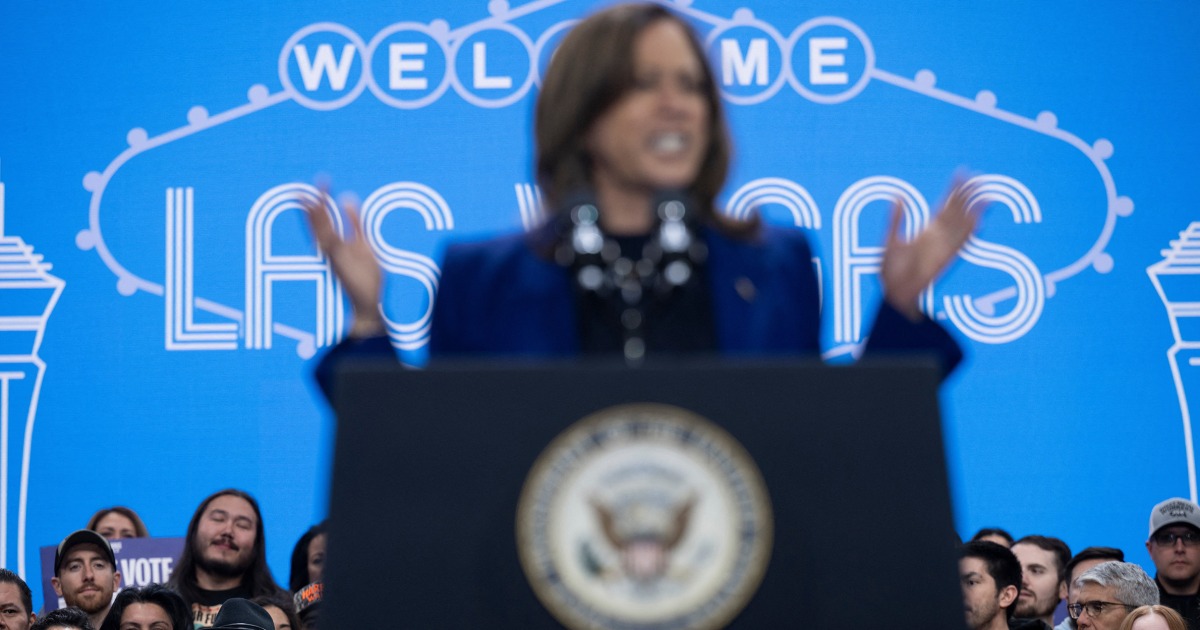
While serving your country, you and your family get uprooted every few years and shipped off to some new town, where you must find yet another place to live. The job conveys some great perks but does not include the pay, making it hard to save, invest, and, most of all, build wealth. For service members, active and retired, the VA loan can square that circle.
Offering mortgages without a down payment or private mortgage insurance (PMI), with reduced interest rates that add up to five figures over the life of a loan, and other smaller advantages, VA loans are a pathway to homeownership for many in the service. Homeownership is the primary conveyor belt to savings and wealth, and it is a powerful advantage for current and past military members. Yet, 80% of veterans who buy homes do not access a VA loan.
But why is that? Lenders and real estate agents say the primary roadblock is a swirl of misconceptions. Pros and cons of VA loans Typically, anyone who has served active military duty of 90 continuous days – longer for National Guard and Reserves – qualifies for a VA loan. Although there is a “funding fee” amounting to around 2% of the value of the loan ($6,000 for a $300,000 house), waiving a down payment trims $60,000 off the upfront cost of buying a $300,000 house with the minimum 20% down to avoid PMI.
For those with service-related disabilities, even the funding fee is waived. Because the VA guarantees the loan, most lenders offer lower rates on VA loans than on conventional and FHA loans. For example, according to branch manager Derek Goulette, in mid-October, Fairway Independent Mortgage Corp.
charged 6.5% on a traditional loan but only 5.75% on a VA loan.
“On a $500,000 house, it saves $245 a month,” he said. “That is not inconsequential.” Moreover, a VA loan has fewer closing costs and no penalty for early repayment.
Notably, mortgage companies will generally lend to buyers with lower credit scores using a VA loan rather than a conventional or FHA loan. Combine that with a monthly housing allowance starting at $1,695, most service members or veterans with a 560 credit score and a pulse can buy a house and begin squirreling away a nest egg. There are some limits, though.
The zero-down payment benefit only applies to houses sold for an amount at or below their appraised price. That can be consequential because cash-strapped service members often seek to roll the closing costs into the home price and borrow it all. If closing costs push the sale price above appraisal, the whole deal can fall through if the buyer can’t cover the difference.
More on that later. Most VA loans have a maximum of $766,550. Many lenders require a substantial portion, like 25%, to be put down on any overage.
For example, a service member or veteran can buy a $966,550 house with a VA loan, but they must pay a $50,000 down payment to cover the amount above the maximum threshold. VA loans can purchase multiple houses, but the outstanding debt can’t exceed $766,550. Buying a home the VA way Those lofty limits didn’t mean much to Jordan Kelly, Shivan Jameson, and their eight-year-old daughter when they finally purchased their Ladson home with help from Realtor Therese Jenkins and a VA loan.
With four years of active duty in the Air Force and another 10 in the Air Force Reserves, Kelly was eager to exercise that benefit. Tired of the big rent increases on their townhouse, they began searching in the heady days of 2022 when home prices were catapulting ever upward. The couple saw more houses than they could recount and were outbid on several properties despite having few requirements besides a yard and an upper limit of $300,000.
Ready to give up and re-sign their lease, they found a place for $240,000 in Ladson’s Grand Oaks Preserve neighborhood with a screened-in back porch and backyard, close to the Air Force Base where Jordan works as a civilian electrician. Without much cash to put down, Kelly and Jameson appreciated the lower upfront costs associated with a VA loan and now make monthly payments about equal to their old rent. “And we didn't have to save up 20 grand for a down payment,” Jordan noted.
None of this will surprise most military members and veterans who hear tales of home buying during their time in the service. But it helps debunk one persistent myth: the complexity of executing a VA loan and the sale. VA loans have some technical requirements and stricter appraisal rules, but most agents and lenders say they are minor and don’t inhibit closing.
That may seem counter-intuitive, given the prohibition against funding the purchase of a property for more than the appraised value. However, while it may introduce a complication, VA loans also require an appeals process in which an agent can present comparable sales to the appraiser for a re-appraisal. “No other loan product in the mortgage world has that ability,” said Courtney Williams, a 26-year Navy vet and agent for Better Homes and Gardens Real Estate Palmetto.
He says he has seen conventional loans fail to close because of an appraisal but never a VA loan. Williams has firsthand experience: he’s on his seventh house himself, all bought with government help. “I’ve had a great experience each time,” he said.
Misconceptions about barriers and costs Still, the misconception that VA loans are more complex scares away buyers who could save boatloads of money, says Billy Simons of The Billy Simons Team at Trident Real Estate, one of whose specialties is military members. An active-duty client afraid to pursue the VA loan came to Simons recently. He guided her through the process and saved her the downpayment, half a point of interest, and mortgage insurance, and the funding fee was waived because she was rated fully disabled.
“It probably saved her $25,000, not including interest costs over the life of the loan,” he said. As for the stricter VA appraisal, Simons says, it has never found anything he hadn’t already pinpointed and brought to the seller’s attention. Another common VA loan misconception leaves some borrowers scrambling to scrape together funds before they can scout out houses.
They believe that because there is no down payment, there are no closing costs. VA loans require most of the same phalanx of fees as a conventional loan – origination fee, appraisal fee, property taxes, attorney fees, credit report charges, title insurance, and so on. The VA limits the amounts of some of these costs, but by and large, a conventional homebuyer would recognize the list of charges, which amount to about 3% of a typical VA loan.
On an average Charleston-area house of $400,000, that is $12,000. Borrowers can circumvent the upfront charges by negotiating with lenders to cover the fees and add them to the loan amount. Still, there are limits to how much lenders can cover, and of course, the ultimate price can’t exceed the appraised value.
The key to securing any mortgage is a conversation with a lender before beginning the home search, says Patrick Roberts, who served in the Marines for six years, including a tour in Iraq. A mortgage loan originator at Assurance Financial, he sees two big problems facing folks in uniform in the homebuying market: poor credit and trust in the wrong people. “You’re taught to be a warfighter, not a personal financier, and likely haven’t established those financial habits yet in your 20s,” he said.
While the VA will bend over backward to get its people into homes, a credit score of 560 is the minimum for most lenders. Beyond that, home buyers must be vigilant about unscrupulous lenders, Roberts warns. “Some lenders with exorbitant fees market themselves as offering VA loans.
They prey on the ‘veteran’ title. You trust the guy next to you in the infantry with your life, so you naturally trust people who say they have your back.” A good real estate agent can steer borrowers to reputable lenders.
Should peripatetic families, like active-duty military, even be buying houses when they’re skipping town every two years? A VA loan can make it worthwhile by erasing many of the transactional costs, says Therese Jenkins, owner/broker of Beautiful Homes Realty. A Realtor certified as a Military Relocation Specialist can help families determine whether they will build enough equity to fund the sales costs and, if not, how much rent they can earn when they leave. Many military homeowners rent their homes to other military members when they PCS.
With the upward trajectory of the Charleston market, Jenkins encourages all military members to consider it. “Enlisted personnel should be buying houses, but they’re not,” she said. “I have not had a single bad experience where a VA buyer was upside down when they relocated.
”.














